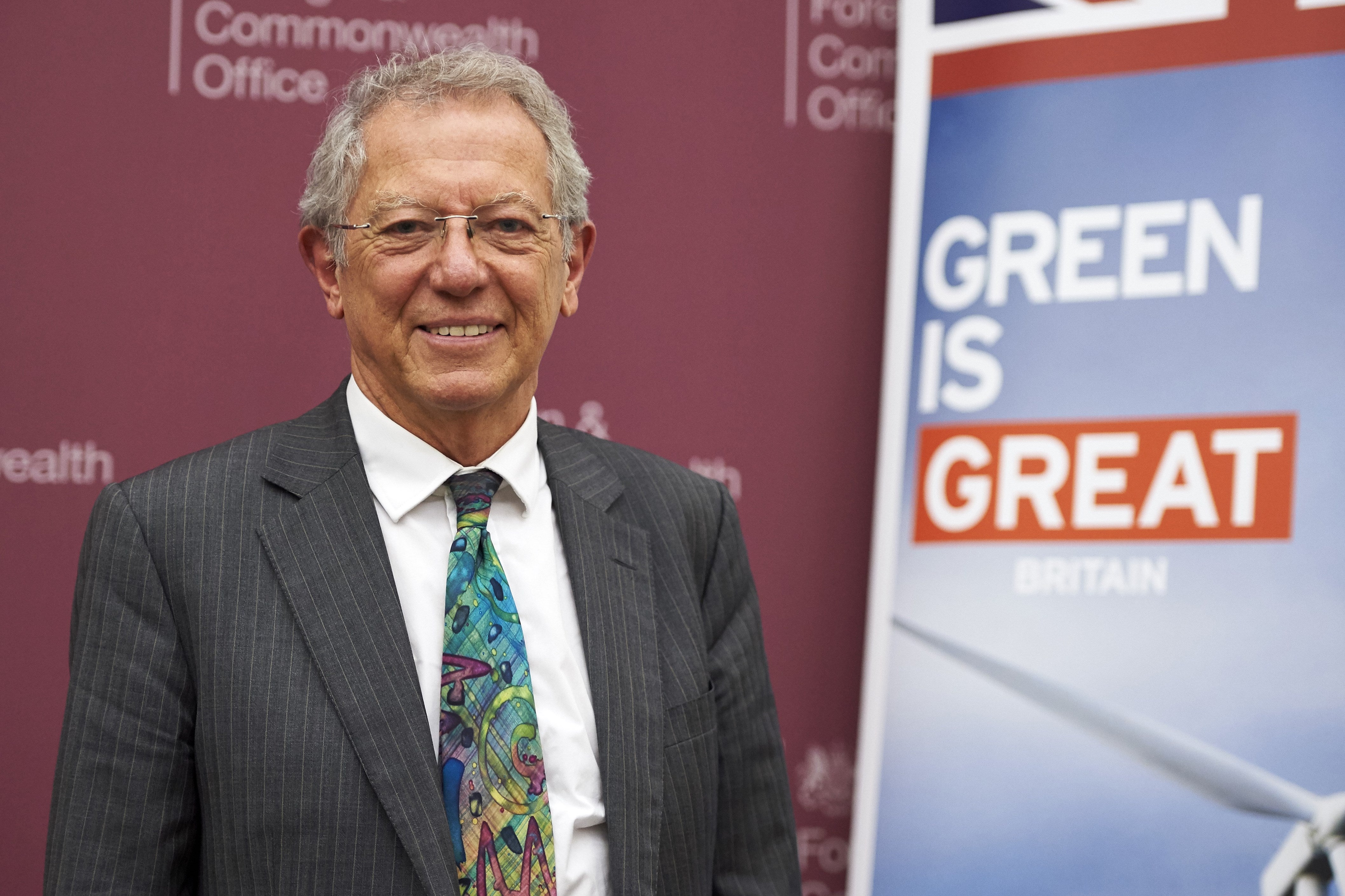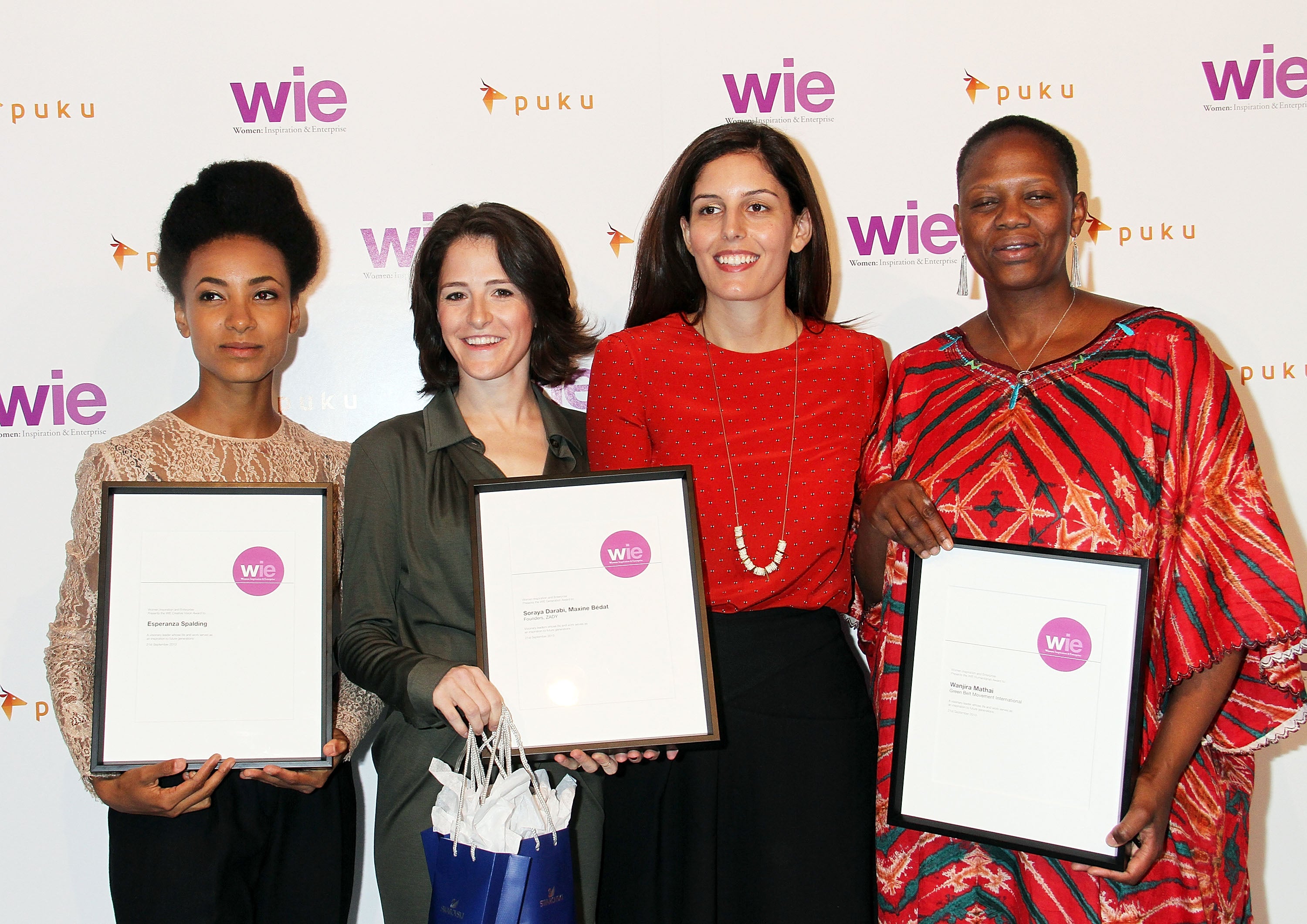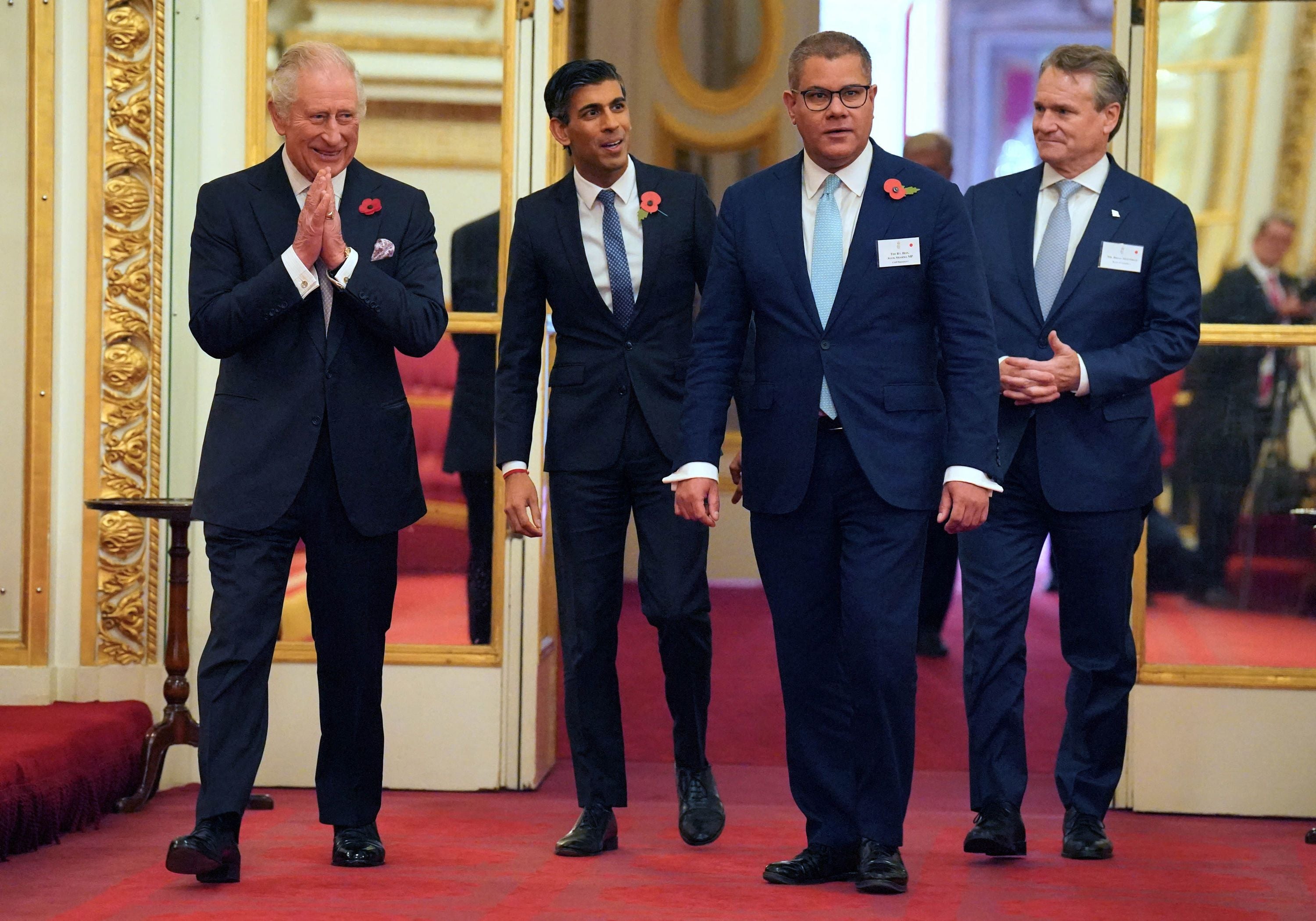Cop27 negotiations are a ‘formula for failure’, UK’s former climate envoy warns
Exclusive: Sir David King says there is no global leadership on tackling climate change
Negotiations at the Cop27 climate summit in Egypt are a “formula for failure”, the government’s former special envoy on climate change has warned as the critical event begins.
The conference, which starts on Sunday, comes as the climate emergency escalates with droughts, wildfires and floods devastating communities around the world.
This Sharm el-Sheikh summit has been dubbed the “implementation Cop” as it aims to make progress on transforming pledges into action, as well as strengthening commitments to tackle the crisis.
But Sir David King, head of the Climate Crisis Advisory Group and a former lead climate negotiator for Britain, warned that the talks were unlikely to deliver results because there was no global leadership on tackling climate change.
He said the actions required to avert future climate disasters were already too late, and that the world needed to reach net zero emissions before 2050 to avoid “calamity”.
The collapse of Greenland’s ice cap and the melting of permafrost at the North Pole, will mean a world that is “totally different” to the world we’re living in today as sea levels rise, he said.
In order to address this, the world needs to see deep and rapid emissions reduction – an aim that is at the heart of the Cop process – as well as the removal of greenhouse gases from the atmosphere at scale, and to refreeze the Arctic, he added.

“To manage an emergency you don’t need 197 nations each represented on average by 20 official negotiators, 4,000 negotiators in total, discussing for two weeks endlessly the things they’ve been discussing for the last 20 years: This is the formula for failure,” he told The Independent. “There is no leadership on this issue internationally.”
Britain will hand over the Cop presidency to Egypt at Cop27 after a year of attempting to accelerate international action to tackle the climate crisis, with what is broadly seen as mixed results.
The Cop26 summit in Glasgow saw nations commit to halting deforestation and a call for countries to phase out fossil fuel subsidies. Nations also agreed to revisit and strengthen their 2030 plans to cut greenhouse gases before the end of 2022, but almost a year on, fewer than 30 out of 193 countries have done so.
And the UN has said implementing those pledges will still see the world warming by around 2.5C – well above agreed targets to limit dangerous climate change.
Meanwhile, rich nations have again failed to deliver on a 2009 commitment to mobilise $100bn (£87bn) a year by 2020 for climate action in developing countries – a failure Sir David described as “disgraceful”.
The government’s former chief scientific advisor said he was not expecting Cop27 to be any different, and pointed to the fact the first breakthrough agreement achieved by the Cop process was in 2015 – nearly a quarter of a century after countries first met in 1992.

“Over those years, the levels of frustration I’ve felt has just been growing and growing,” he said.
He added that Egypt choosing to hold Cop27 at the resort town of Sharm el-Sheikh rather than its capital, Cairo, was an illustration of the lack of “seriousness” – allowing them to instead “demonstrate to 50,000 people what a wonderful place it is to come on holiday”.
But Wanjira Mathai, a Kenyan environmentalist who was one of a number of experts appointed to advise the UK government during its Cop26 presidency, was more optimistic.
She said she was hopeful that progress would be made at Cop27 on climate finance to help developing countries adapt to a warming planet, as well as on the issue of loss and damage.
She also said there was leadership from developing countries, and that Cops were the only platform such nations have to discuss climate change on an equal footing with the global north.
“What alternative do we have to Cop?” she said.

While Sir David said he thought the Cop27 negotiations were unlikely to amount to much, he said Cops remained a great meeting place for global leaders to talk about how to address the climate crisis – something he described as “more important” than the negotiations.
He said that while he wasn’t advocating abandoning Cops, because they were the only internationally representative grouping the world has to push forward global action on climate, he had written to UN secretary-general Antonio Guterres to suggest it creates something similar to the UN Security Council to tackle the climate emergency.
Sir David said a smaller but diverse group of international leaders, including heads of state and indigenous leaders, could coordinate activity among countries and support the Cop process.
He pointed to the success of the C40 cities climate leadership group, a network of mayors taking climate action who represent themselves rather than sending negotiators.
He said the secretary-general had referred him to the United Nations Environment Programme.
The challenge with this idea, Ms Mathai said, was “whose voice is in, and whose voice is out?”.
“The truth of the matter is, Cop is not where the action really is,” she said, saying the real action, and the delivery was at the country level – pointing to the impact the recent Australian and Brazilian elections will have on national climate action.
“The Cop process to me just continues to ensure that there is an open dialogue and a platform for discussion and negotiation,” she said, adding that she looked to the summit to produce a plan of what should be done “by when, how much”.
She said more accountability was needed for when countries failed to deliver on the commitments made at these UN summits.
“Maybe then we need an overhaul of the multilateral system if it’s not working,” she said, adding that the world needed a system like Cop that includes everybody.
“It’s the best thing we have at the moment,” she said. “It gives a voice to all countries equally.”
Ambassador Mohamed Nasr, Egypt’s chief climate negotiator at the summit, said there was often a “mismatch” between expectations of what a Cop will achieve.
“There is no silver bullet, no magic Cop that will achieve everything,” he told The Independent. “This isn’t a simple environmental issue with a linear solution but the major transition of global economies to a more sustainable economic model.”
Something, he said, could not happen overnight. Instead, Cops needed to look at what is needed to help countries deliver on their pledges.
“This is our big goal,” he said.
The Independent has approached the UN for comment.
Join our commenting forum
Join thought-provoking conversations, follow other Independent readers and see their replies
Comments

Bookmark popover
Removed from bookmarks